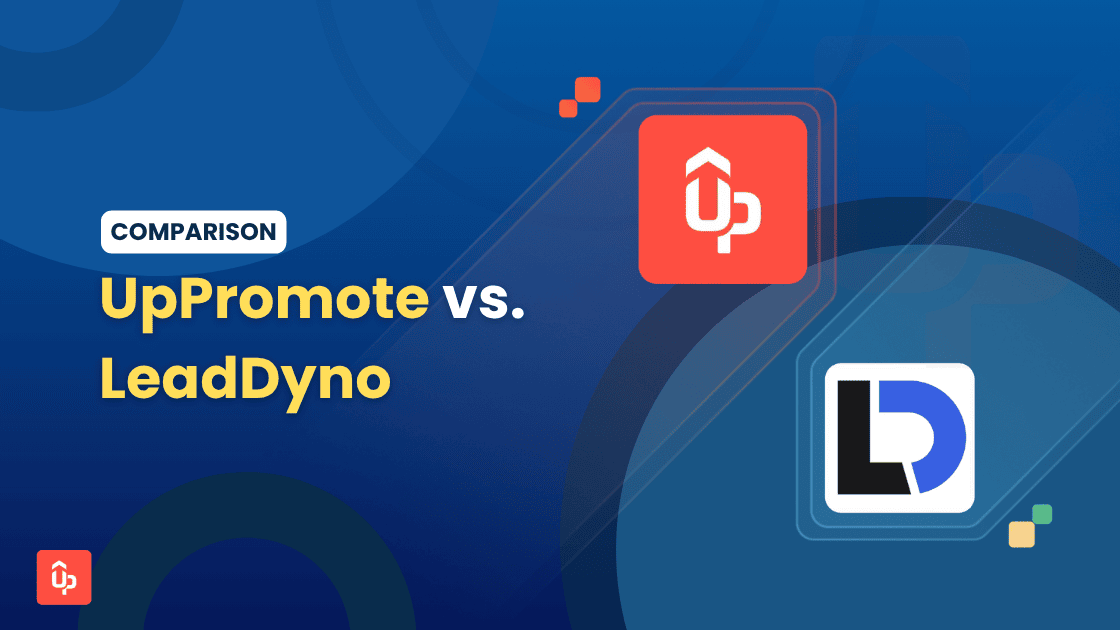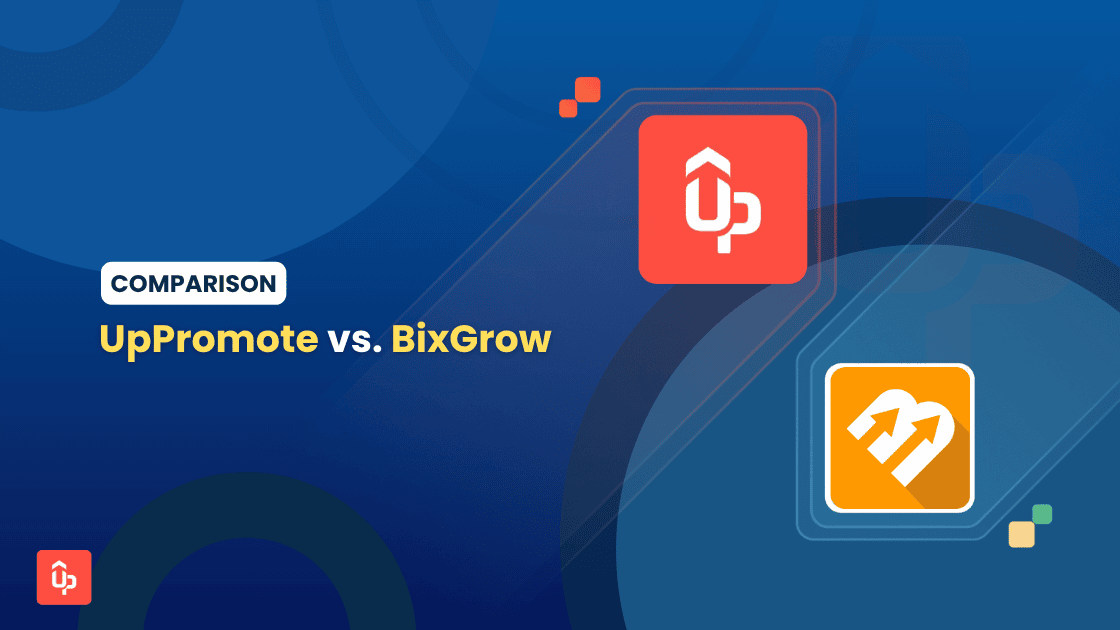
Top 25 Keto Affiliate Programs (Best Picks for 2025)
Our article highlights the leading keto affiliate programs for you to start your business in this niche. You can find a suitable program and promote a high-quality keto diet, trustworthy nutrition suppliers, and ketone supplements.
Blog / Affiliate ProgramsView all

Top 25 Keto Affiliate Programs (Best Picks for 2025)

From the Ground Up: 70% of Neonic Pickleball’s Revenue Through Affiliate Marketing

How Tribal Chimp Leverages Nano and Micro-Influencers to Beat the Competition

UpPromote vs. LeadDyno: Which Affiliate Marketing App Is Right for Your Shopify Store?

Top 17 Best Cooking Affiliate Programs to Monetize Your Love for Food in 2025

Top 10 Best Pickleball Affiliate Programs to Monetize Your Sports Content

Subscribe to our newsletter and get expert insights tailored to your affiliate marketing success.



